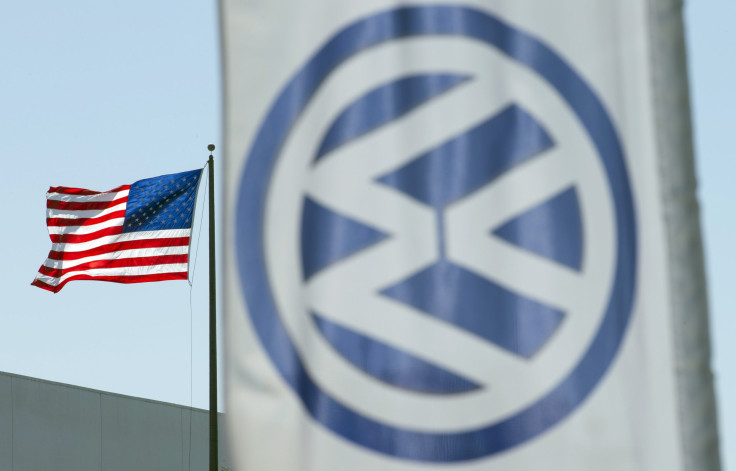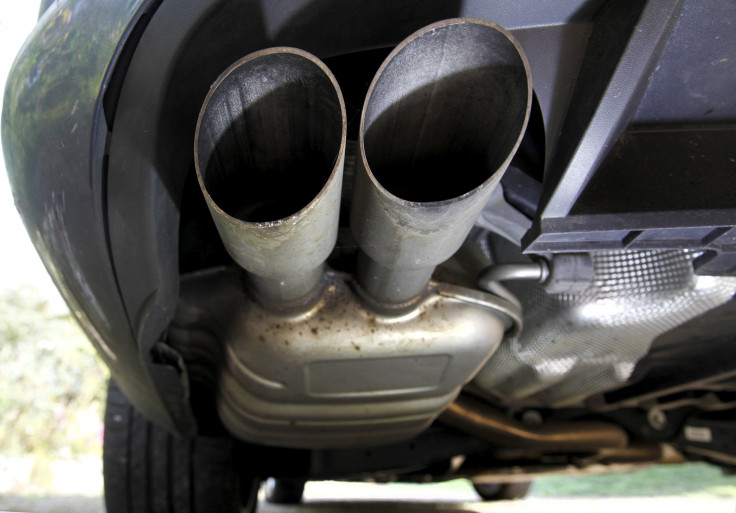Volkswagen Diesel Scandal: Will US Justice Department File Criminal Charges Against Company Executives?

Now that Volkswagen Group CEO Martin Winterkorn has resigned amid a growing scandal over the company’s cheating on U.S. vehicle-emissions tests, legal experts are eyeing the U.S. Justice Department to see whether it lives up to its promise to pursue individuals inside firms that break the law. Criminal charges against Volkswagen are all but certain. Less certain is whether engineers and executives at the German automaker will be frog-marched to federal prison.
“There’s no question there was a scheme to defraud the Environmental Protection Agency using electronic communications, and that’s enough for the Department of Justice to file criminal charges against individuals,” said Thomas E. Loeser, a former federal prosecutor who works for the Seattle law firm Hagens Berman Sobol Shapiro LLP, which is representing Volkswagen customers in a class-action lawsuit filed in the U.S. District Court in San Francisco this week.
The world’s largest automaker has already set aside more than $7 billion to fix cars, pay fines and settle lawsuits with angry consumers for putting software in at least five Volkswagen and Audi models that was aimed at deceiving environmental regulators. However, that sum is less than one-half of the $18 billion Volkswagen faces in U.S. federal and state regulatory fines. Because the company has already admitted to the deception, it’s a perfect case for testing the Justice Department’s new policy to go after executives of firms engaged in wrongdoing.
“Volkswagen is the ultimate test for whether regulators are going to hold auto companies responsible,” said Clarence Ditlow, the head of the Center for Auto Safety, a Washington-based nonprofit organization. “The single best way to change corporate behavior is to send the responsible executives to jail -- doesn’t matter whether it’s 60 days, six months or six years, just going to jail is a game changer.”

Ditlow and others see parallels in the federal government’s handling of the General Motors Co.’s ignition-switch defect, in which people inside the firm covered up flaws in 2.6 million older sedans linked to more than 100 deaths and hundreds of injuries.
Just a week before the Volkswagen scandal exploded, the Justice Department settled with GM in a so-called deferred-prosecution agreement. The deal required GM to pay $900 million for failing to disclose the deadly safety defect. But so far nobody at the company has faced criminal charges despite revelations that the flaw was identified years earlier and discreetly fixed without warning the public.
Thomas Donaldson, a professor of legal studies and business ethics at the Wharton School at the University of Pennsylvania, said deferred-prosecution agreements have long been the targets of criticism and that the federal government is likely to come down on Volkswagen as hard as possible.
“The Department of Justice is an entity with its finger to the political wind,” Donaldson said. “You can predict they will use hammer and tongs to move toward any criminal prosecution they can, especially considering the criticism they faced in the wake of the financial crisis on how they settled with the banks.”
But what if the people responsible for deceiving U.S. federal and state regulators are located at Volkswagen’s headquarters in Wolfsburg, Germany?
“For many years, the U.S. has charged foreign individuals for antitrust criminal violations and those individuals just never come back to the country to be prosecuted,” attorney Loeser said. “In this case, Germany is a country with which we have a strong relationship, and it’s conceivable that the bad actors in Germany could be extradited.”
© Copyright IBTimes 2024. All rights reserved.






















